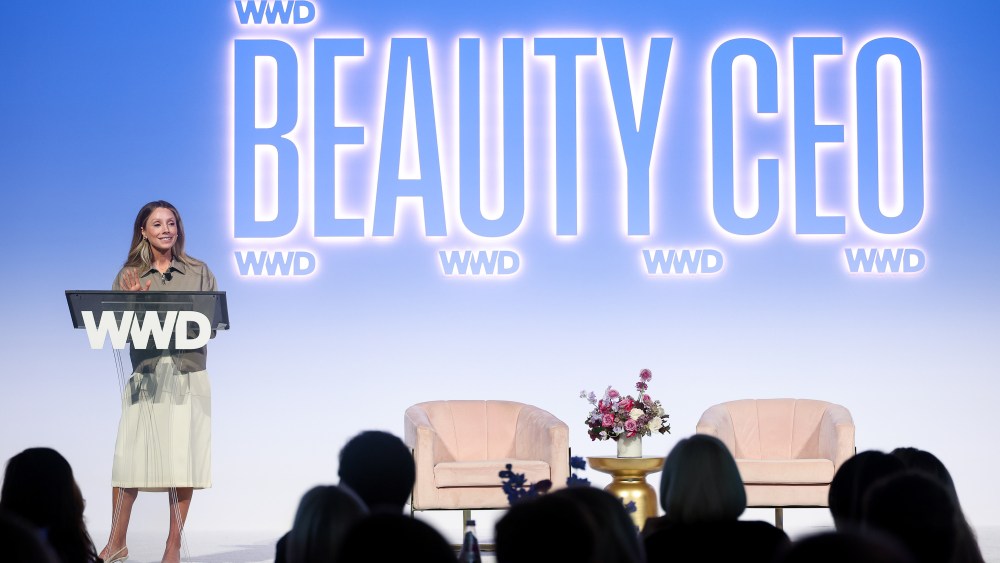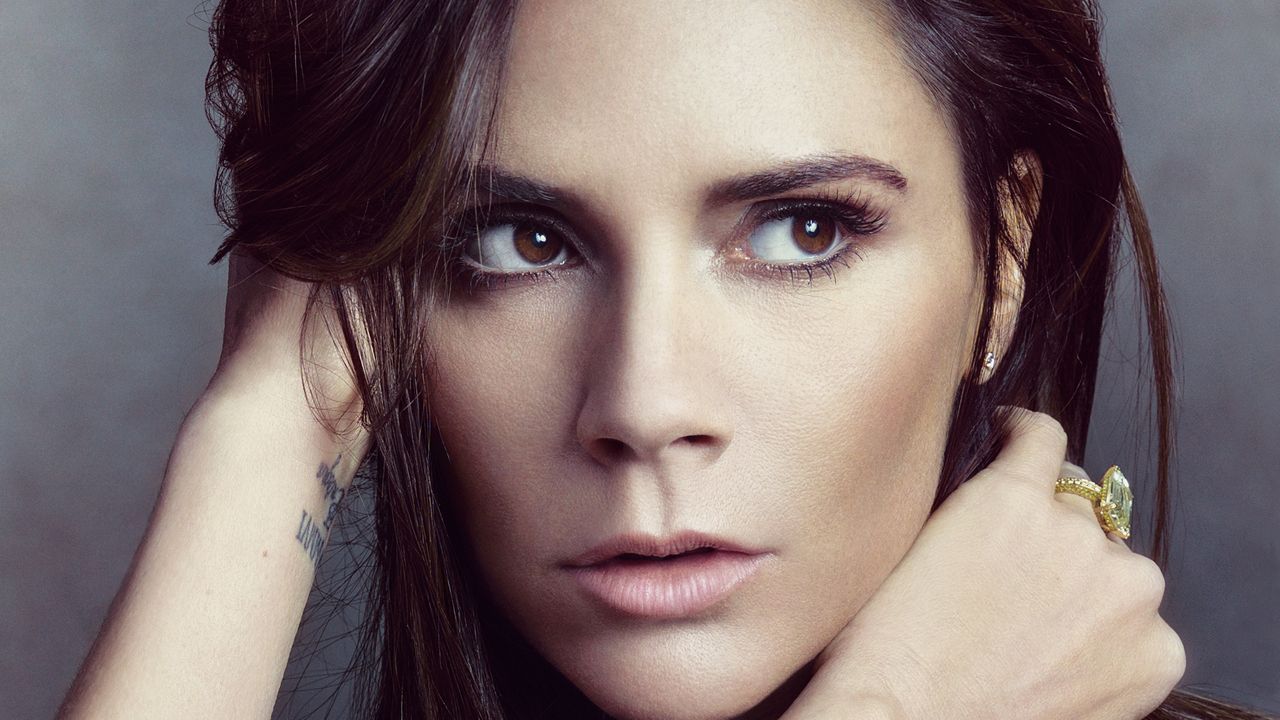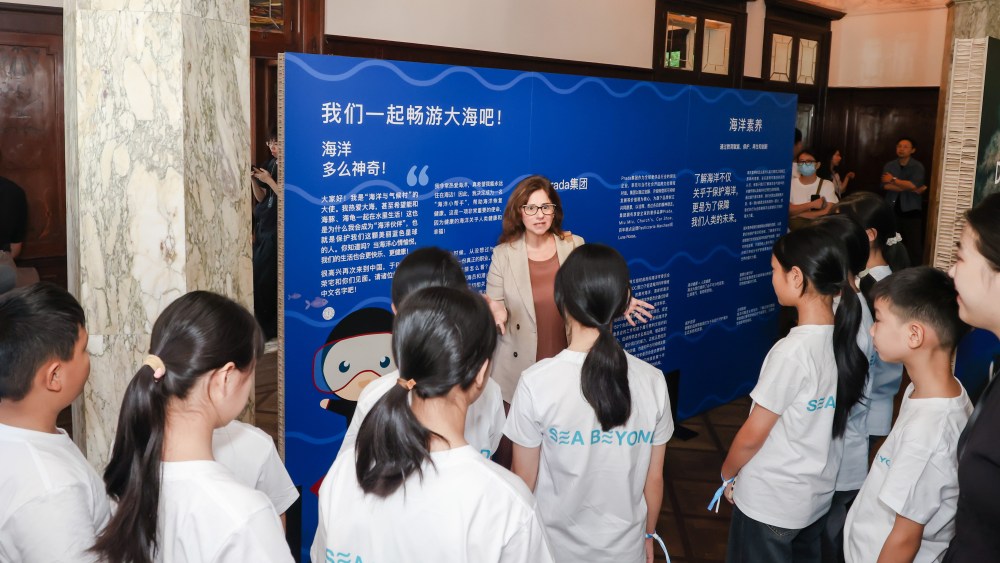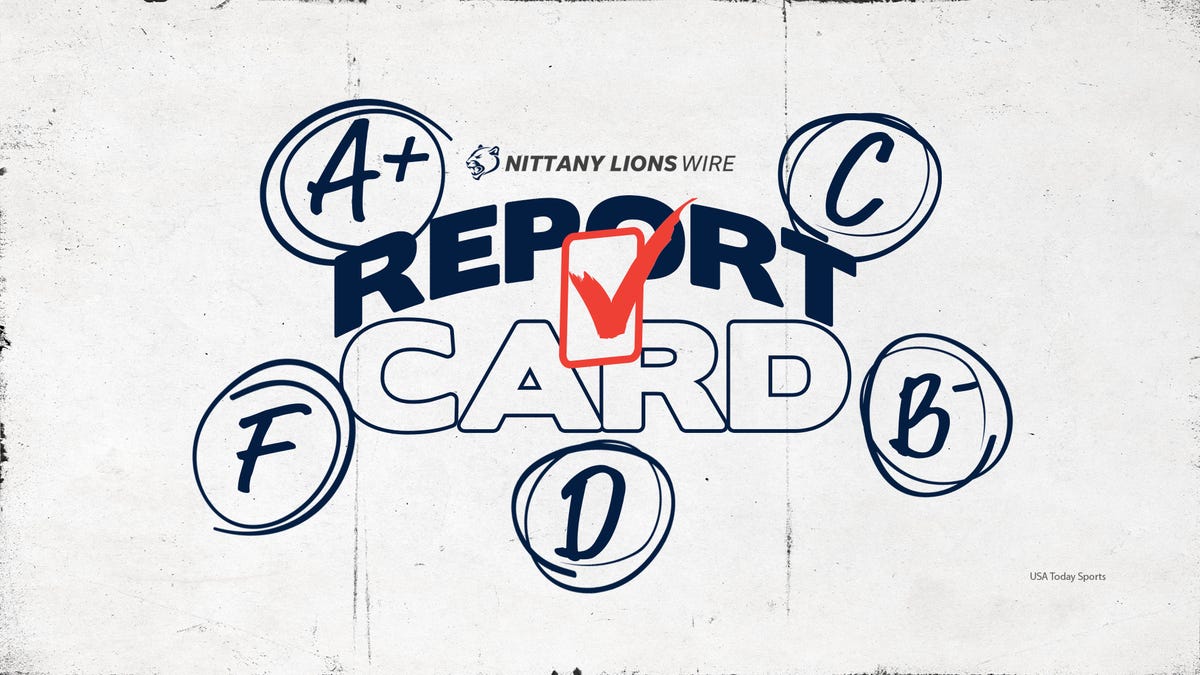
In the face of a saturated market, incrementality has been the name of the game at Kitsch.
At the Beauty CEO Summit, Kitsch founder and chief executive officer Cassandra Morales Thurswell took the stage to discuss how she built her business, starting with design-forward and fun-to-use hair ties.
“Kitsch is built on something I call the art of incrementality, continuously adding small but meaningful value to our customers’ lives, simple, familiar products that naturally complement each other,” Thurswell said.
While Kitsch started with hair ties, Thurswell’s experience in creating a design-forward, everyday product actually started with retainers when she was a kid. She would help make them for her stepdad’s orthodontic practice, adding elements that the patient enjoyed to each iteration — think pink glitter.
“That experience taught me the magic of taking something not so exciting and making it special,” she said. “I love the idea of bringing a little fun to a very utilitarian product. Little did I know this would be the first of many commodity items that I would be making incremental improvements to.”
Thurswell went on to bring similar elements of surprise and delight in her future roles as the manager of a cupcake shop and then as a private label jewelry designer for brands like Anthropologie, Nordstrom and Hot Topic.
“What I learned was that a thoughtful presentation can turn an ordinary cupcake into a beautiful treat,” she said. “[Working in jewelry] is where I discovered my superpower: listening to customers. I learned to design what other people want, even when those wants are not the same as my own.”
With these experiences and $30,000 saved up, a 25-year-old Thurswell founded Kitsch, first with the idea that she could create a hair tie that was undeniably better than what was on the market, and it worked.
“Anyone could make a hair tie, but we made it a little better, incrementally better and predictable, so it could be sold at any retailer,” she said.
For retailers, the product was a no-brainer, as it was an easy product for consumers to add on and ultimately increase their basket size.
“[Customers] would ask me, what else did we make?,” Thurswell recalled, which inspired her to expand Kitsch into a brand that did “everything outside of shampoo and conditioner, taking care of your hair from the moment you wake up to the moment you go to sleep.”
While the brand built its success on these complementary products, from hair ties to satin bonnets to pillow cases, it established itself firmly in the hair care category. This lead Thurswell to eventually launch shampoo and conditioner, though in a uniquely Kitsch way with solid formats. Its most recent hair perfume launch has been one of its most successful to date.
With all of these products now, Thurswell said customers are still shopping in the same way they did in the beginning, adding on complementary products to their purchase. Specifically, new customers who came to the brand’s site to shop the hair perfumes checked out with an average basket of three products. This approach has allowed the brand to build businesses with a wide variety of retailers, including Target, spas, mom-and-pop stores, Selfridges, Whole Foods, Ulta Beauty and more.
Thurswell concluded her presentation with a few key learnings: “First, listen deeply to your customer. They will tell you, directly or indirectly, what they want,” she said. “Second, accessibility. The diversity in channels and products has supported us through these ups and downs over these years, and helps us meet the customer where they are. Third, incrementality. Curate your collection so it’s a natural next step, consistently finding ways to add meaningful value to your customers’ lives.“
#Cassandra #Thurswell #Building #Hair #Care #Brand #Kitsch








